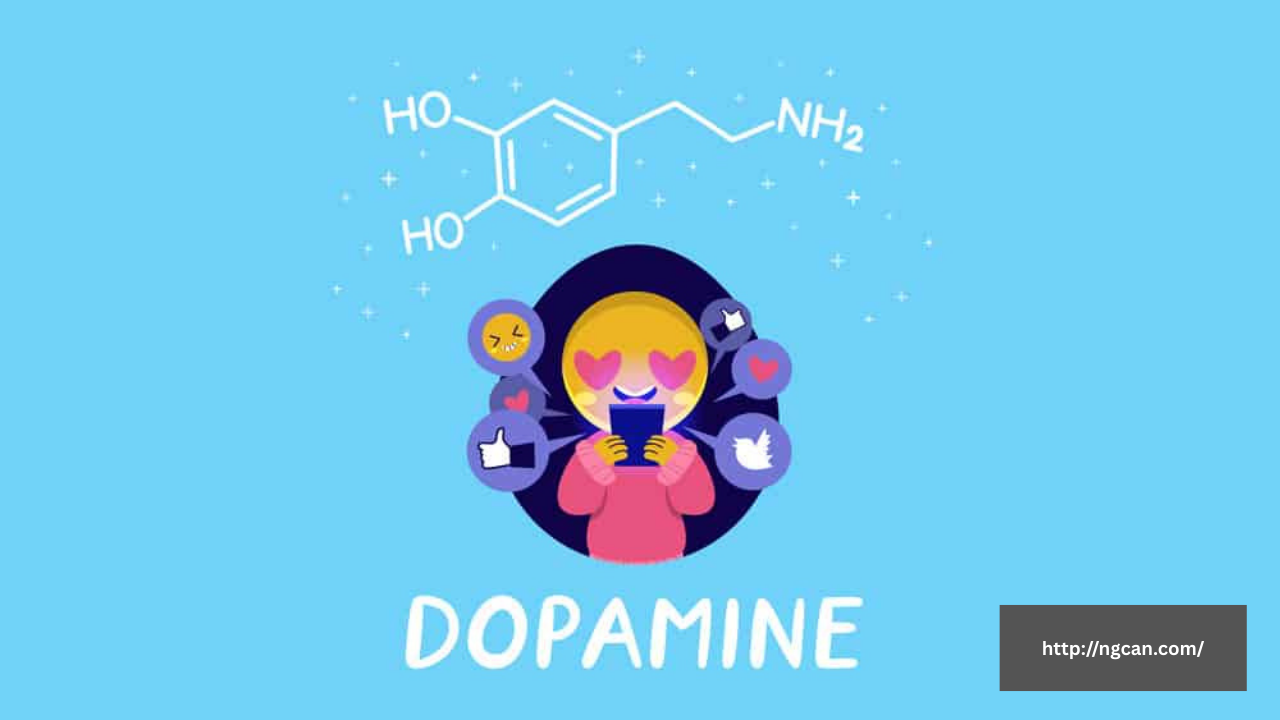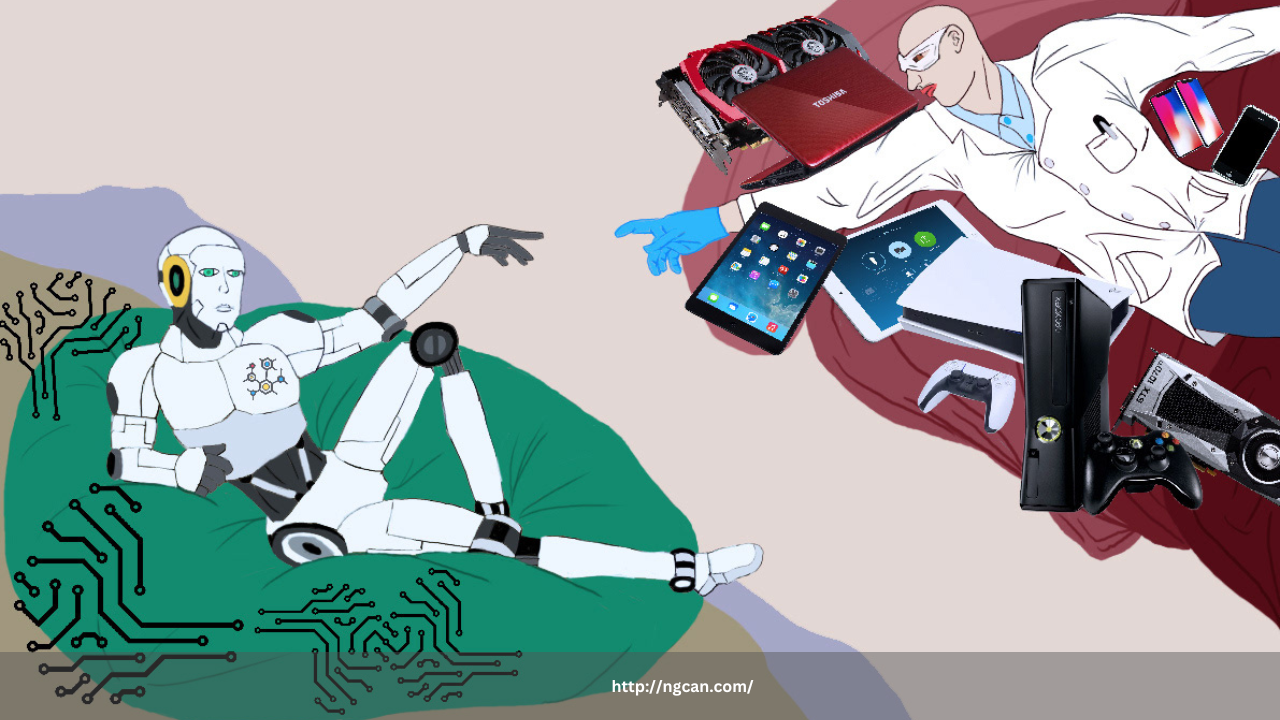In the digital age, attention has become a prized commodity. Social media platforms and smartphone applications are engineered to capture and retain users’ focus for as long as possible, monetizing every moment spent online. This phenomenon, known as the attention economy, has led to technologies that exploit psychological vulnerabilities, contributing to widespread digital addiction. As awareness of these consequences grows, engineers and designers are being called upon to rethink how digital tools are built—shifting from addictive mechanisms toward more ethical, user-centered designs.
The Mechanics of the Attention Economy
Social media platforms like Instagram, TikTok, and Facebook are not just communication tools—they are meticulously crafted ecosystems designed to maximize user engagement. Algorithms curate content that aligns with users’ preferences, triggering emotional responses and encouraging longer sessions. Features like endless scrolling, autoplay, and instant notifications ensure that users remain hooked, often losing track of time.
Smartphones serve as the gateway to these platforms, offering constant connectivity and access. The convenience of mobile technology makes it difficult to disconnect, blurring the line between online and offline life. These digital habits are reinforced by dopamine-driven reward systems, where likes, shares, and comments provide instant gratification, fueling a cycle of compulsive use.
The Consequences of a Distracted Society
The dominance of the attention economy has significant implications for mental health, productivity, and social relationships. Excessive screen time has been linked to increased anxiety, depression, sleep disturbances, and reduced attention spans. The compulsive need to check phones or social media feeds disrupts real-life interactions, diminishes focus, and contributes to a pervasive sense of digital fatigue.
Young people, in particular, are vulnerable. Growing up in a hyperconnected world, many experience difficulties managing screen time and may struggle with identity and self-worth issues shaped by online validation.
Engineering for a Healthier Future
To counteract these trends, engineers and designers must adopt a more ethical approach to technology development—one that respects users’ attention rather than exploits it.
- Designing for Intentional Use
Features such as screen time dashboards, app timers, and usage alerts empower users to monitor and manage their digital habits. Interfaces that promote mindful engagement rather than passive consumption can help users develop healthier relationships with their devices. - Creating Natural Stopping Points
Replacing infinite scroll with content pagination or encouraging periodic pauses can help users reflect on their usage and decide when to disengage. These changes introduce moments of awareness in an otherwise seamless experience. - Ethical Algorithm Design
Developers can fine-tune recommendation algorithms to prioritize meaningful, diverse content over purely attention-grabbing material. Transparency around how content is curated also enables users to make informed decisions. - Redefining Success Metrics
Rather than measuring success by time spent or clicks generated, platforms can adopt metrics focused on user well-being, satisfaction, and positive impact. - Digital Literacy and Empowerment
Educating users—especially young people—about the mechanics of the attention economy and the psychological effects of digital media fosters critical thinking and promotes self-regulation.
Conclusion
The future of digital technology need not be dominated by addiction and distraction. By embracing ethical engineering principles, the tech industry can create tools that enrich lives without compromising mental health. A less addictive future is possible—one where technology supports human flourishing rather than undermines it.









